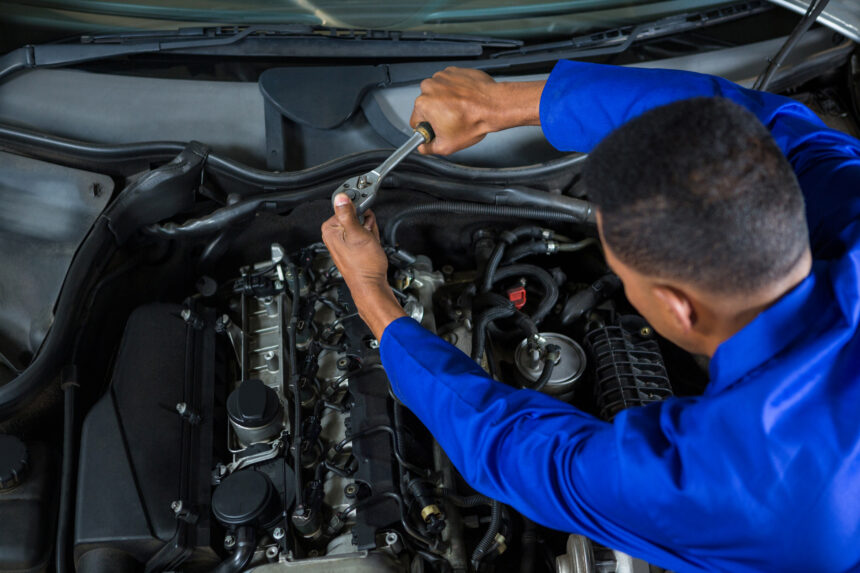Owning a vehicle comes with a myriad of responsibilities, including regular maintenance and unexpected repairs. Car repairs can often be expensive, leaving many individuals and families facing financial strain. In such situations, accessing loans specifically designed for vehicle repairs can be a viable solution. These loans can help bridge the financial gap and ensure that your car remains in good working condition without causing undue financial stress. In this article, we will explore various options for accessing loans for vehicle repairs and discuss how you can finance your car maintenance effectively.
- Personal Loans: One of the most common ways to finance car repairs is through a personal loan. Personal loans are unsecured loans that can be used for any purpose, including vehicle repairs. These loans are typically available from banks, credit unions, and online lenders. Personal loans offer the advantage of flexibility, as you can borrow the desired amount based on your needs and repayment capabilities. However, keep in mind that personal loans may have higher interest rates and require a good credit score for approval.
- Auto Repair Loans: Some financial institutions and lenders provide specialized auto repair loans. These loans are specifically designed to cover the costs of car repairs and maintenance. Auto repair loans often come with lower interest rates compared to personal loans, as the vehicle itself serves as collateral. The loan amount is based on the value of the car, and repayment terms are structured accordingly. However, it’s important to note that if you default on the loan, the lender may repossess your vehicle.
- Credit Cards: Another option for financing car repairs is using a credit card. If you have a credit card with a sufficient credit limit, you can charge the repair expenses to the card and repay it over time. This option can be convenient, especially for smaller repair bills, but it’s essential to manage your credit card wisely to avoid accumulating high-interest debt. If you don’t have a credit card, you may consider applying for one specifically designed for automotive expenses, which often offer rewards and benefits for car-related purchases.
- Manufacturer or Dealer Financing: In some cases, vehicle manufacturers or dealerships offer financing options specifically for repairs and maintenance. These programs may come with promotional interest rates or deferred payment options, allowing you to spread out the cost of repairs over time. However, it’s crucial to carefully review the terms and conditions of such financing to ensure that it aligns with your needs and budget.
- Home Equity Loans or Lines of Credit: If you own a home and have built up equity, you may consider tapping into it through a home equity loan or line of credit to finance your car repairs. Home equity loans typically offer lower interest rates compared to personal loans or credit cards. However, keep in mind that by using your home as collateral, you are putting it at risk. It’s important to evaluate the potential consequences and ensure that you can comfortably repay the loan.
Before pursuing any loan option, it’s crucial to assess your financial situation and determine your repayment capabilities. Consider the total cost of the loan, including interest and any associated fees, to ensure that it fits within your budget. Additionally, explore multiple lenders and compare their terms and interest rates to find the most suitable option.
In conclusion, accessing loans for vehicle repairs can provide the necessary financial support to ensure your car remains in good condition. Personal loans, auto repair loans, credit cards, manufacturer or dealer financing, and home equity loans are among the potential options available. Remember to evaluate the terms, interest rates, and repayment plans offered by different lenders to make an informed decision. By effectively financing your car maintenance, you can address repairs promptly without compromising your financial stability.










